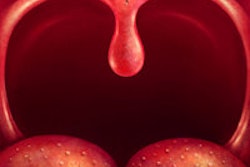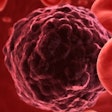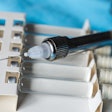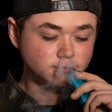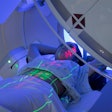A moderate case of obstructive sleep apnea can significantly increase a person's risk for sudden cardiac death, an often fatal condition in which the heart stops beating and must be immediately treated with CPR or an automated external defibrillator, according to a new study in the Journal of the American College of Cardiology(June 12, 2013).
It has been widely reported that sleep apnea can lead to a number of heart conditions, including high blood pressure, atrial fibrillation, and heart attacks. Researchers in this study examined the relationship between sleep apnea and sudden cardiac death, building off of their prior study that found people with sleep apnea more frequently died suddenly from cardiac causes during the hours of 10 p.m. to 6 a.m., which is the least likely time for sudden cardiac death in the general population.
The 10,701 subjects were followed for an average of 5.3 years for incidents of resuscitated or fatal sudden cardiac death. In that time, 142 patients experienced sudden cardiac death, with the most common predictors being a patient 60 years old, having 20 apnea episodes an hour, and having a lowest oxygen saturation level of below 78%.
Low oxygen saturation occurs when air does not flow into the lungs when a sleep apnea patient is sleeping and, as a result, the patient's blood oxygen levels drop. The study showed that a drop to below 78% increases that patients risk of sudden cardiac death by 80%.
The study findings clarify that sleep apnea patients' risk of sudden cardiac death does not simply shift from daytime hours to nighttime hours but that their overall risk of sudden cardiac death is higher than people without sleep apnea.






